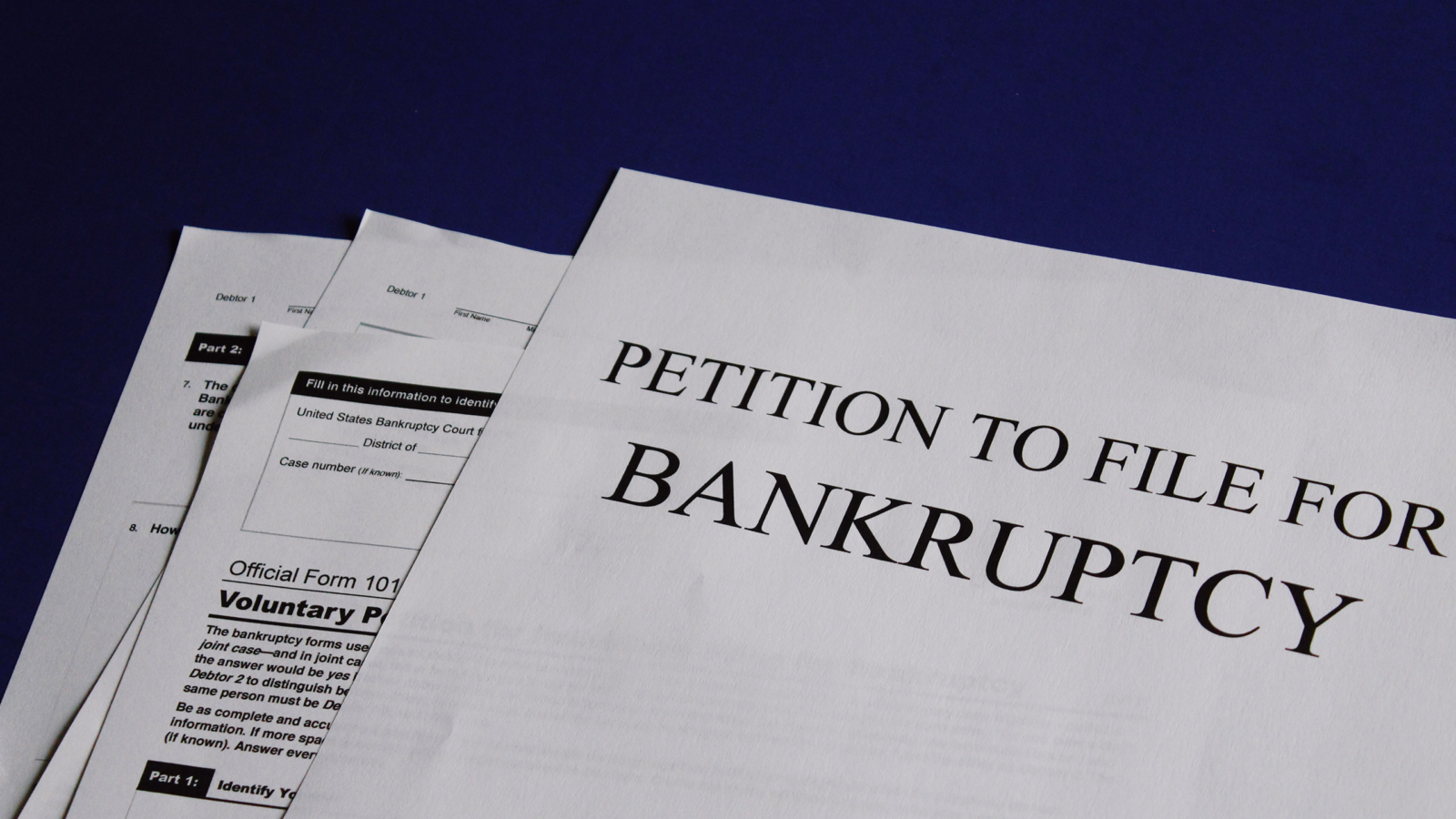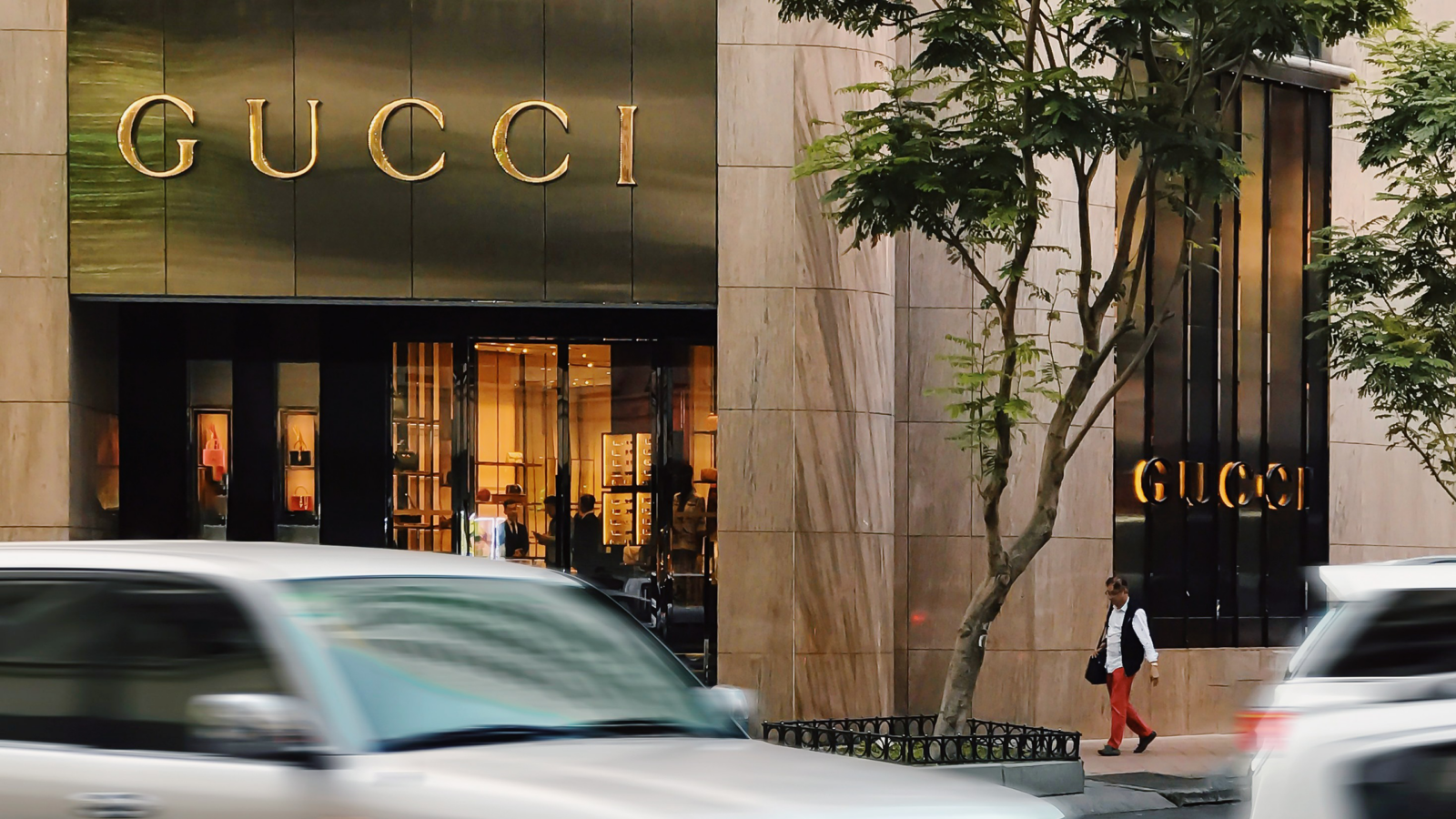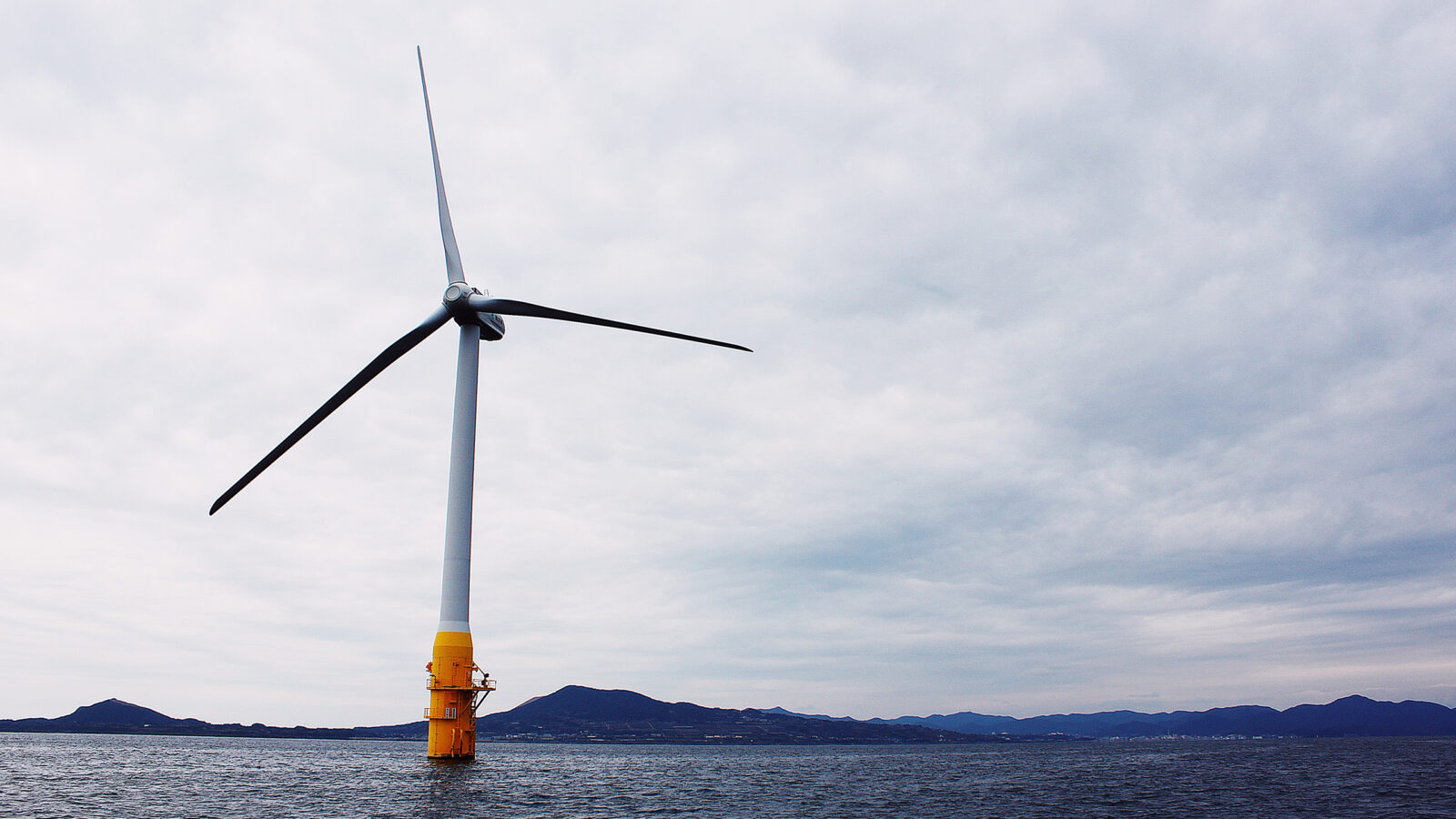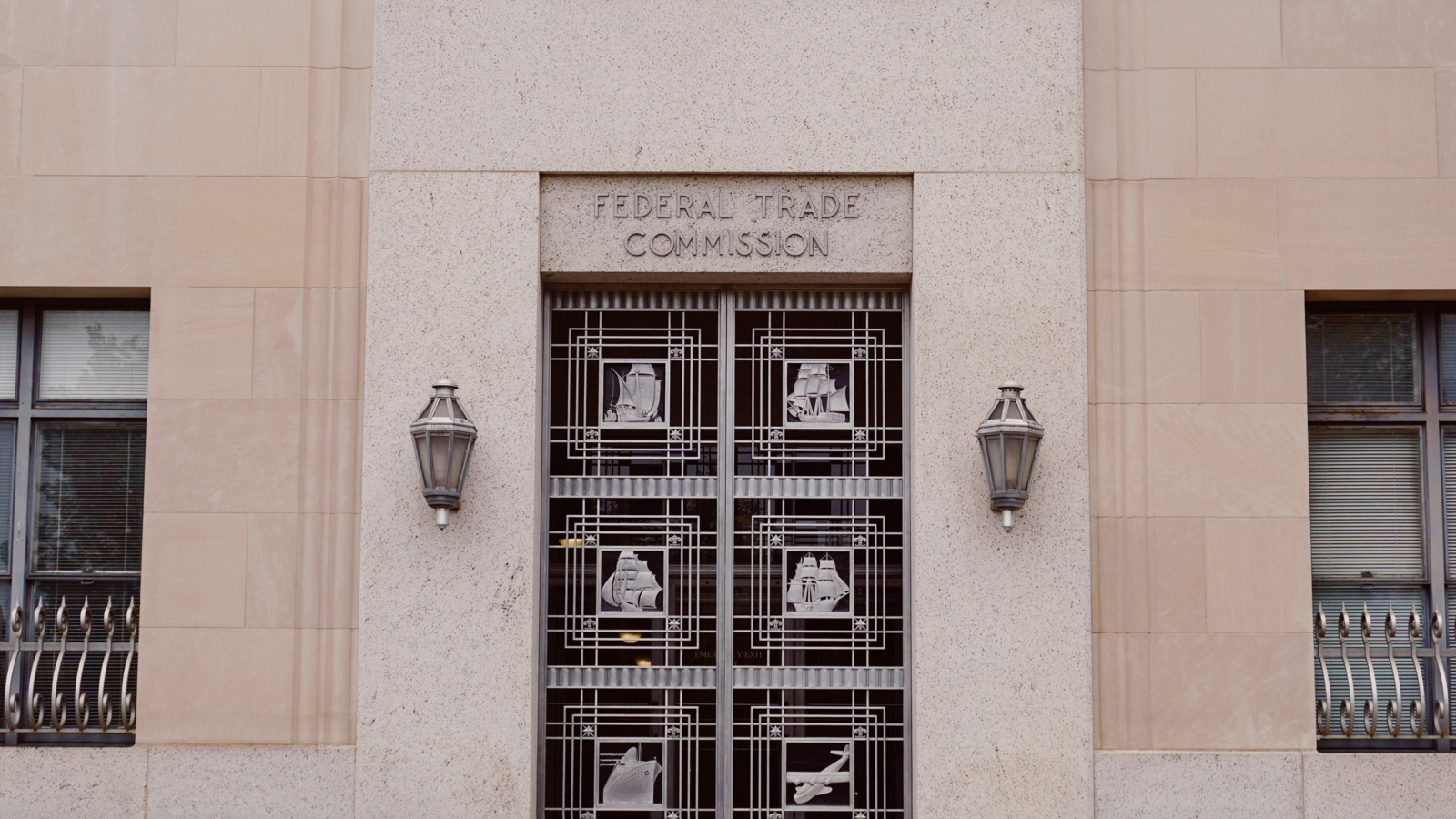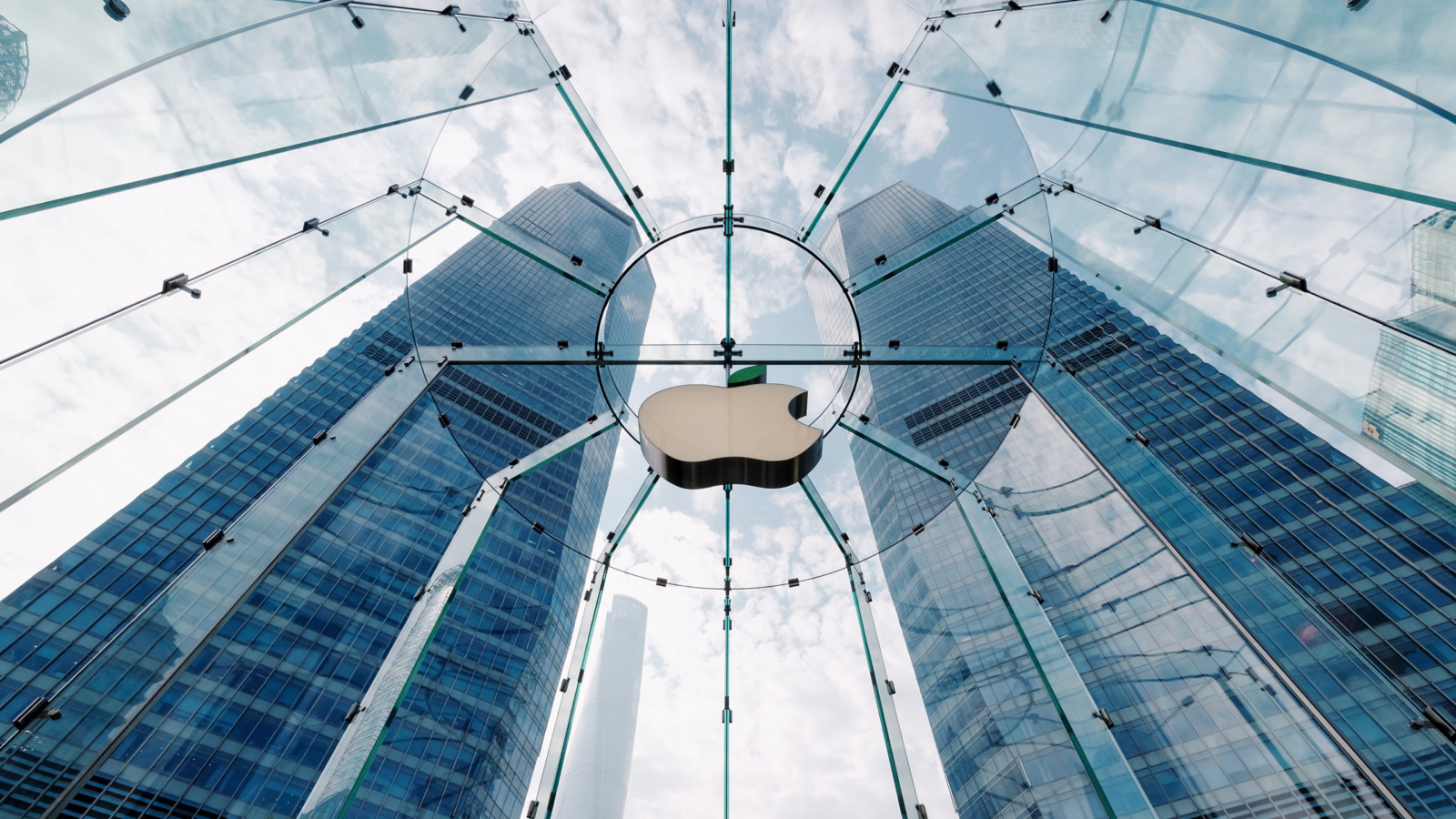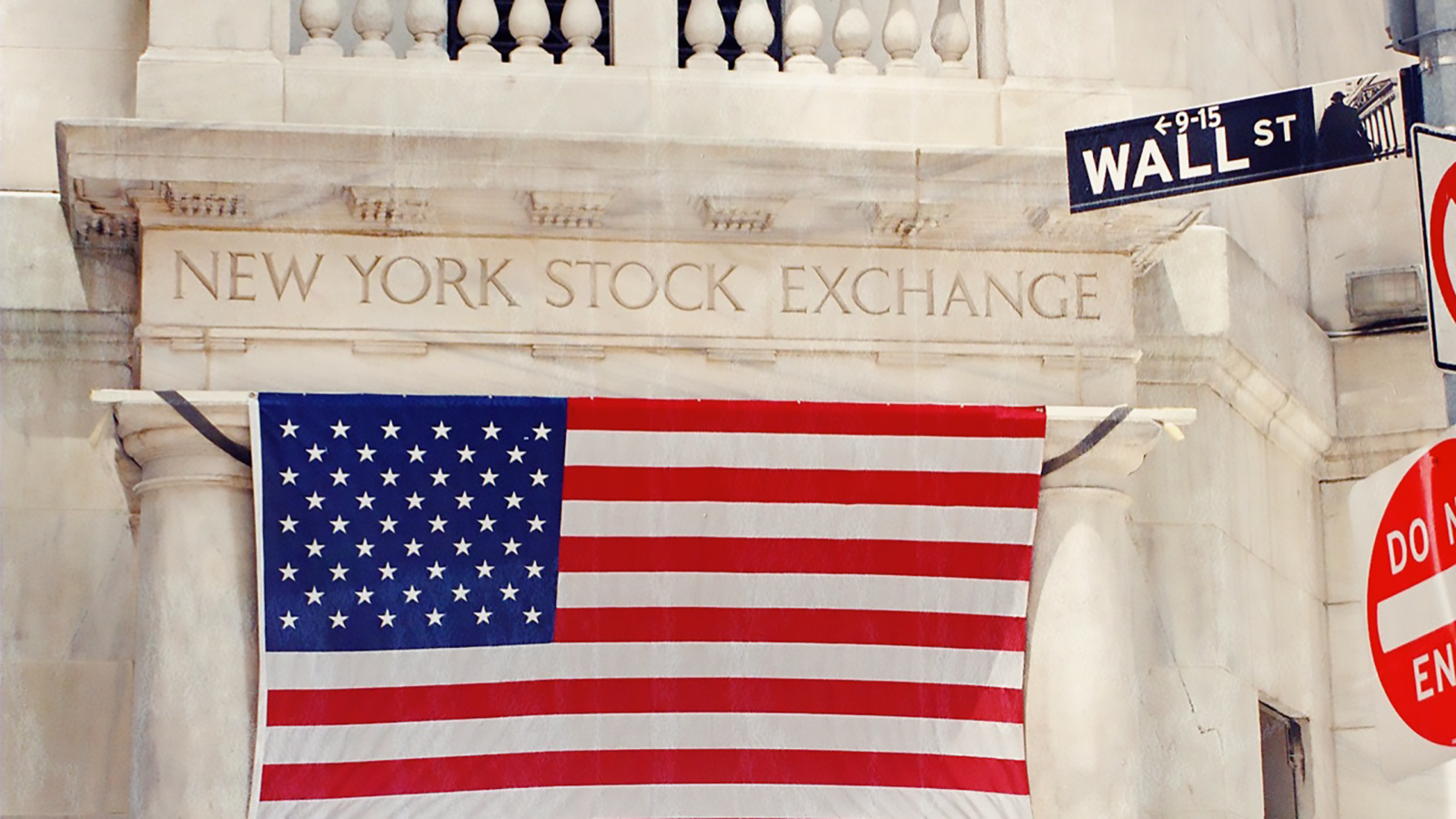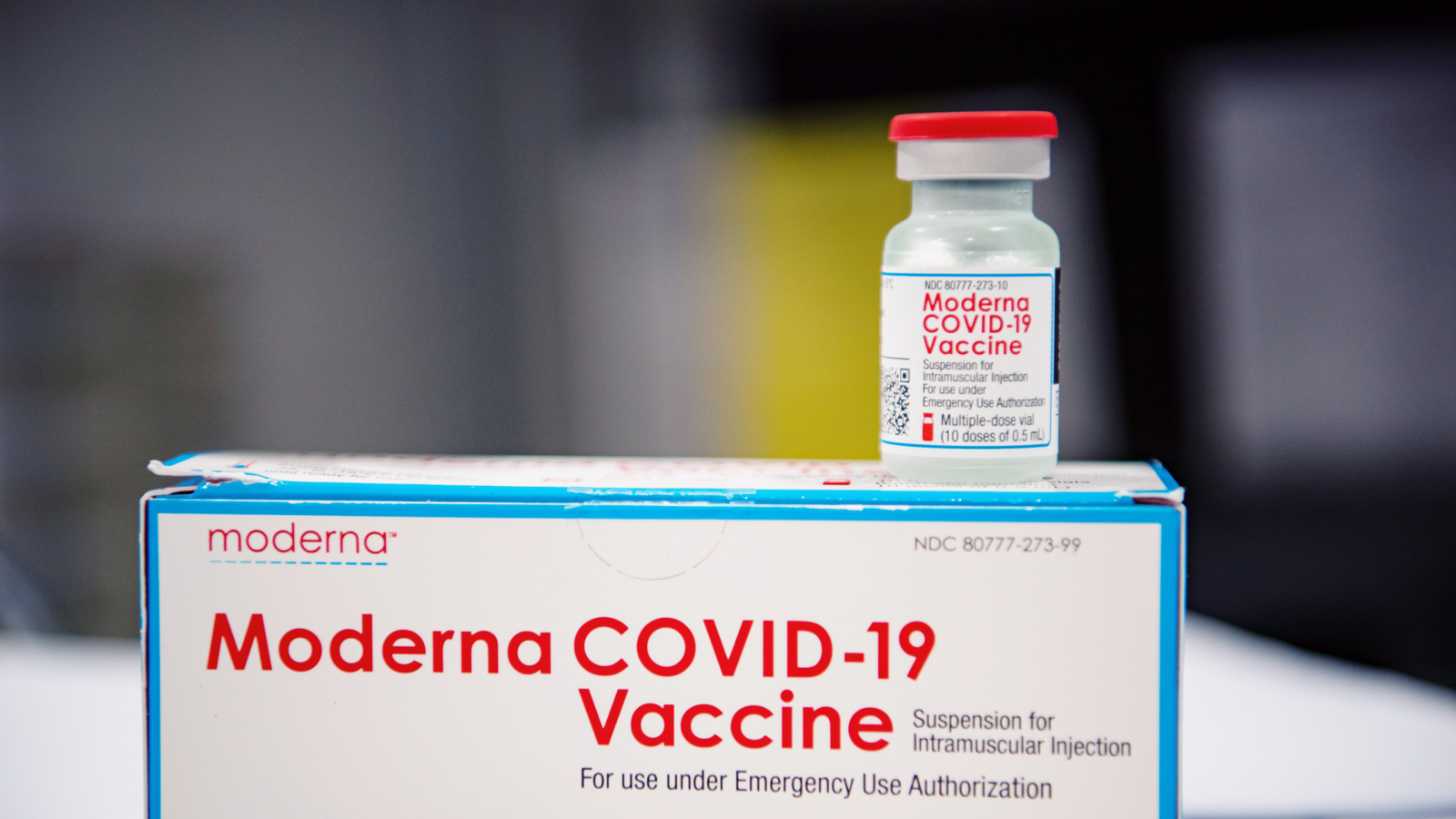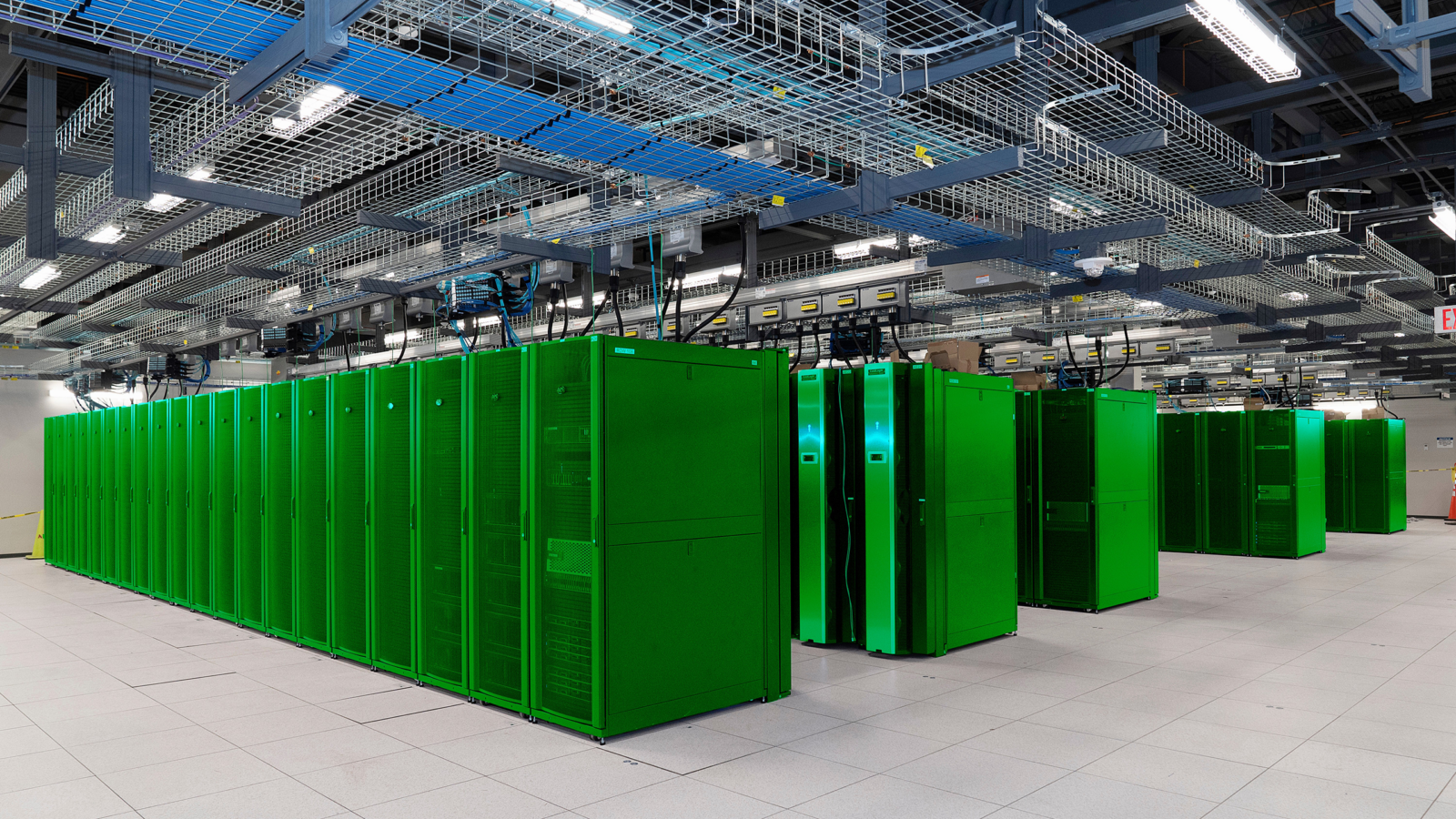Introducing…the Kleptocracy Bus Tour!
London ingeniously turns “Lifestyles of the Rich and Famous” on its head with a showcase of oligarchs’ and kleptocrats’ ostentatious…
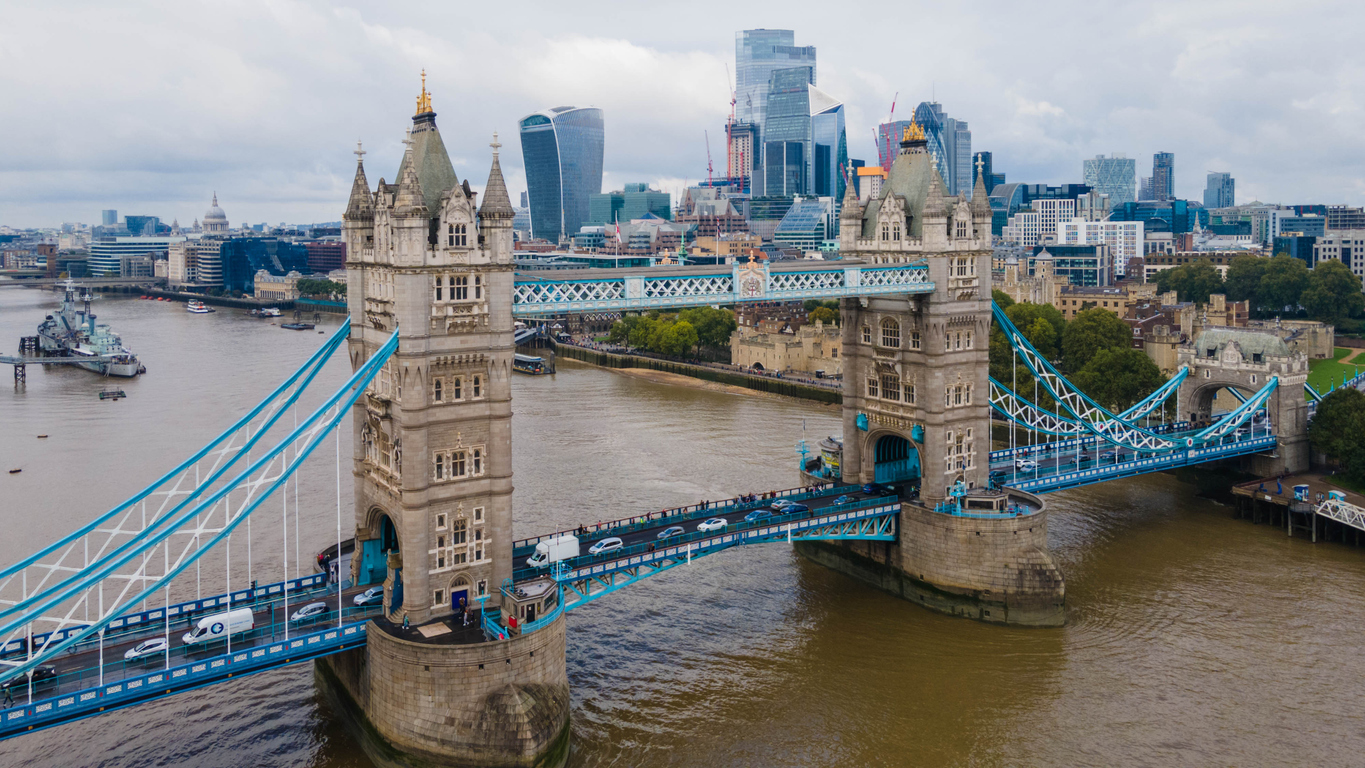
Sign up to unveil the relationship between Wall Street and Washington.
For the uninitiated, an oligarch is a wealthy business leader with immense political influence, and – intersecting neatly with this theme – a kleptocrat is a person who uses political power to steal a country’s resources.
When capital is looted from a kleptocracy like Russia, the network of ruling elites who enrich themselves usually need a safe place to park the funds, such as tax shelters, artwork, yachts, jewelry, cryptocurrency – or jaw-droppingly expensive real estate.
When you get right down to it, there are not that many items in the world that can reliably hold their value at tens or hundreds of millions of dollars.
And even fewer places on earth where one can see some of the world’s greatest concentrations of wealth heaping before their eyes. After all, tax shelters, artwork, yachts, jewels, and crypto accounts are fairly easy to hide.
But a massive marble mansion, or an entire block of buildings in one of London’s poshest neighborhoods is truly hard to miss – especially if public property records confirm the owners appear to be linked to allies of an authoritarian leader, like maybe Russian President Vladimir Putin.
This month, the Centre for the Study of Corruption at Sussex University in Brighton, UK, will be resurrecting the popular “Kleptocracy Bus Tour” of London, showcasing the opulent homes of superrich kleptocrats and oligarchs who have bought up properties in high-end neighborhoods such as Chelsea, Fulham and Belgravia. (For the record, I am affiliated with the Centre for the Study of Corruption, where I am working on research for a Master’s degree.)
The tour is not meant to ogle the riches of oligarchs and kleptocrats. Its purpose is to heighten students’ awareness of how far-flung kleptocracies can come home to roost, hugely affecting the property values of a city, expanding its wealth gap and directly impacting the lives of its citizens, including making it harder for them to buy or rent a home, or build a life.
“It’s meant to be educational and to bring a real-life context to students who are studying corruption,” says Becky Dobson Phillips, a lecturer in corruption analysis at the University of Sussex’s School of Law, Politics and Sociology. “This is a way to demonstrate how political corruption can affect us, even close to home.”
She notes it is not an uncommon experience to walk through a very wealthy neighborhood and feel like one does not belong. “We’ve all felt it, that feeling of walking down a street that’s very exclusive and not feeling like you should be there, wondering even if you are allowed to walk there,” Dobson says. She says Sussex undergraduate and graduate students plan to attend the bus tour later this month, with some students giving presentations to the group.
Anti-corruption experts note that some of the world’s wealthiest cities are filled with upscale “empty mansions” and neighborhoods that are dead quiet, because the houses are simply placeholders for owners to park their cash. They don’t live there and only the housekeeping staff ever come and go.
Arthur Doohan, co-founder of ClampK, a UK anti-corruption initiative that began running the bus tours several years ago, tells Power Corridor they have attracted “politicians, policy activists, and the media.”
These days, the tours are often run on a case-by-case basis, but they continue to attract international attention. “We recently ran a tour to coincide with the Ukraine invasion anniversary,” he says.
The United Kingdom is not the only place drawing kleptocrats. Other Western jurisdictions include South Africa and the UK dependencies of the British Virgin Islands, the Cayman Islands, and the Channel Islands of Jersey and Guernsey.
The U.S. also has been known to welcome piles of oligarchical cash. Paging bus tours for New York, Greenwich, Conn., Palm Beach, Miami, Los Angeles, and St. Thomas in the U.S. Virgin Islands. For a start.
*Power Corridor is the newest publication from The Daily Upside. Delivered twice weekly, Lead Editor Leah McGrath Goodman gives readers a unique view into the interplay between Wall Street and Washington. Sign up for free here.*
